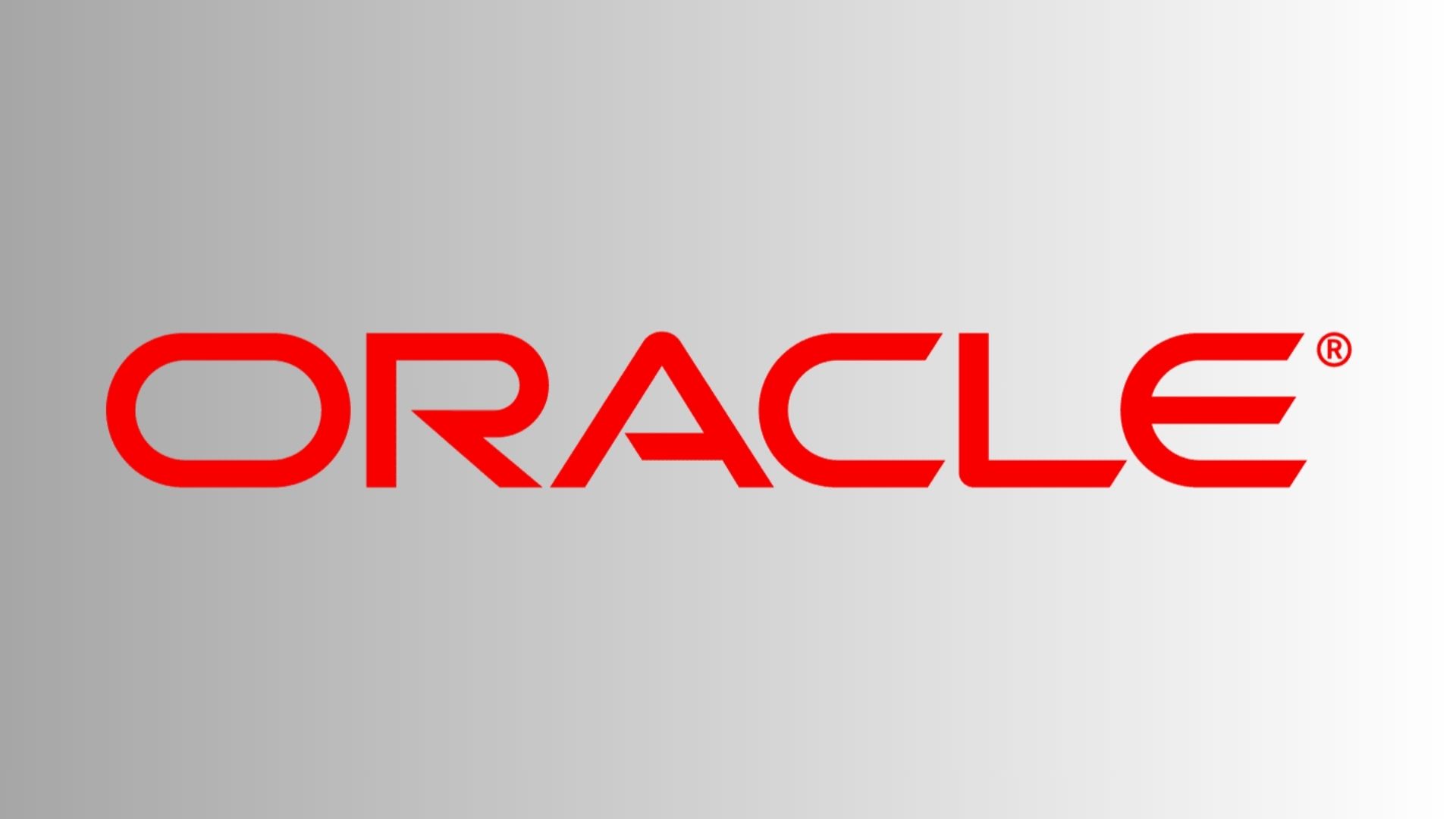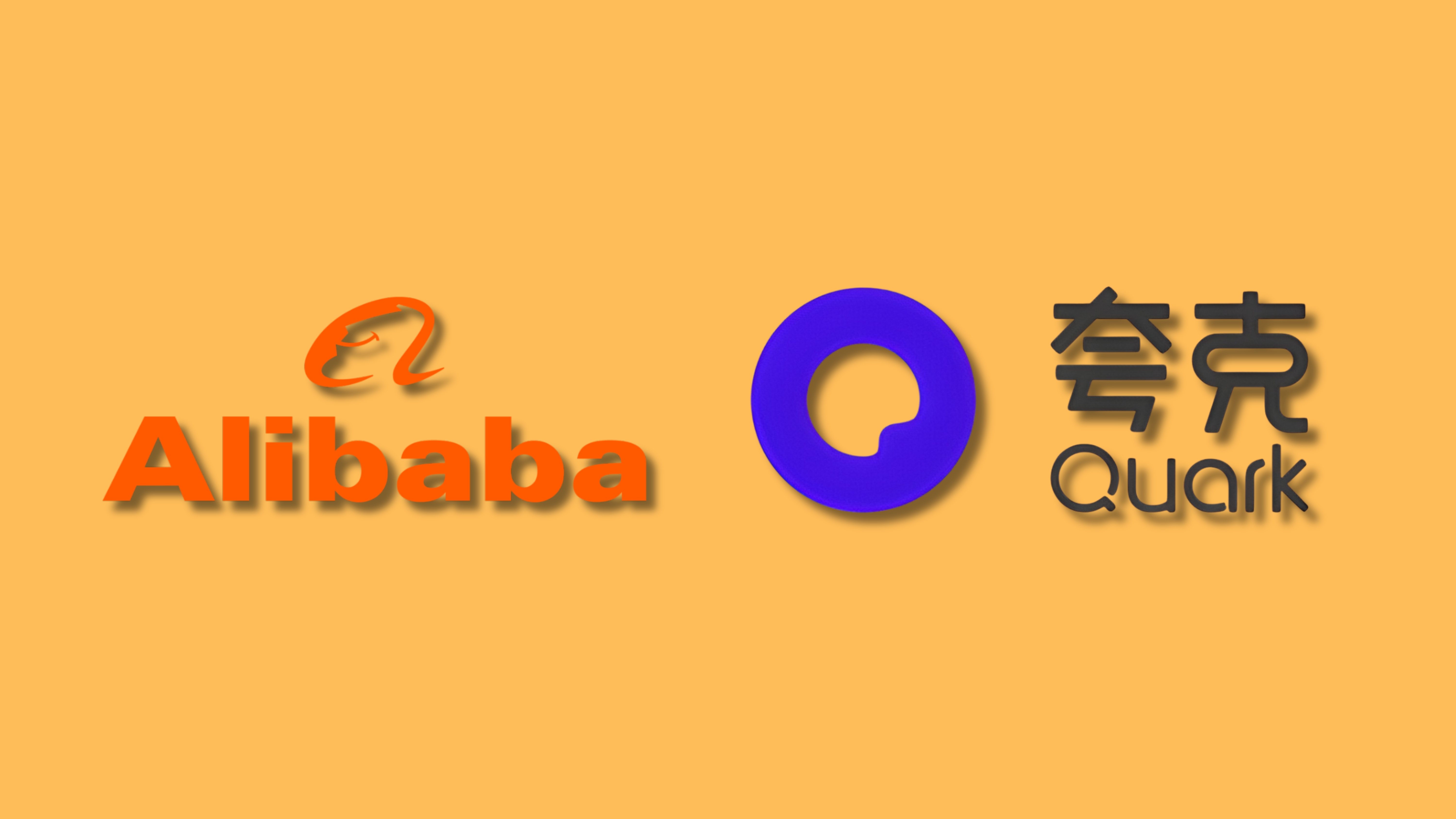The US Department of Justice has accused a former executive at defense contractor L3Harris of stealing and selling trade secrets to a buyer in Russia.
According to court filings, Peter Williams, a 39-year-old Australian citizen and former general manager of L3Harris division Trenchant, allegedly sold eight trade secrets from two unnamed companies between April 2022 and August 2025, earning about $1.3 million.
Williams, known internally as ‘Doogie,’ led Trenchant, which develops hacking and surveillance tools for Western governments, including the United States. He joined the company in October 2024 and left in August 2025, according to U.K. business records.
The DOJ’s ‘criminal information’ document, which, similar to an indictment, represents a formal accusation, did not identify the companies involved or the Russian buyer. Prosecutors are seeking to recover assets they say Williams acquired through the sale of trade secrets.
The case is being prosecuted by the DOJ’s National Security Division under the Counterintelligence and Export Control Section. An arraignment and plea hearing is scheduled for October 29 in Washington, DC.
Would you like to learn more aboutAI, tech and digital diplomacy? If so, ask our Diplo chatbot!










